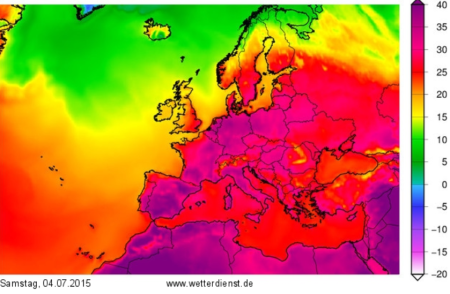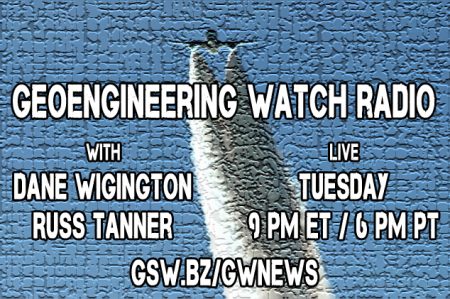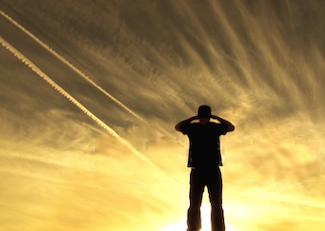NOAA Shows June of 2015 Smashed All Prior Heat Records; El Nino Keeps Strengthening; Hothouse Mass Casualties Strike Europe, Japan

Source: Robert Scribbler Under an oppressive human fossil fuel emission, the world just keeps getting hotter and hotter, the 2015-2016 El Nino just keeps looking ever more monstrous, and reports of tragic, heat-related, mass casualty events just keep rolling in. * * * * JULY 21, 2015: All the major climate monitors have now chimed […]
7/21/2015 – Geoengineering Watch Radio

Politicians and corruption: There is no end. Government is not here to help you. News just a prop for political corruption. No news programs tell the truth about climate engineering. How to communiate with people about climate engineering more effectively. Plant die offs continue to mount. Human illness from the ongoing spraying. How to get […]
Geoengineering And The Most Dangerous False Dichotomy

By Penny Teal, PhD, contributing writer for geoengineeringwatch.org We all know despair. We all know joy. We all have been told to believe that these two states of mind are mutually exclusive. This is a lie. Unfortunately, it's one of the most prevalent and malignant of the many lies we get fed on a daily […]
